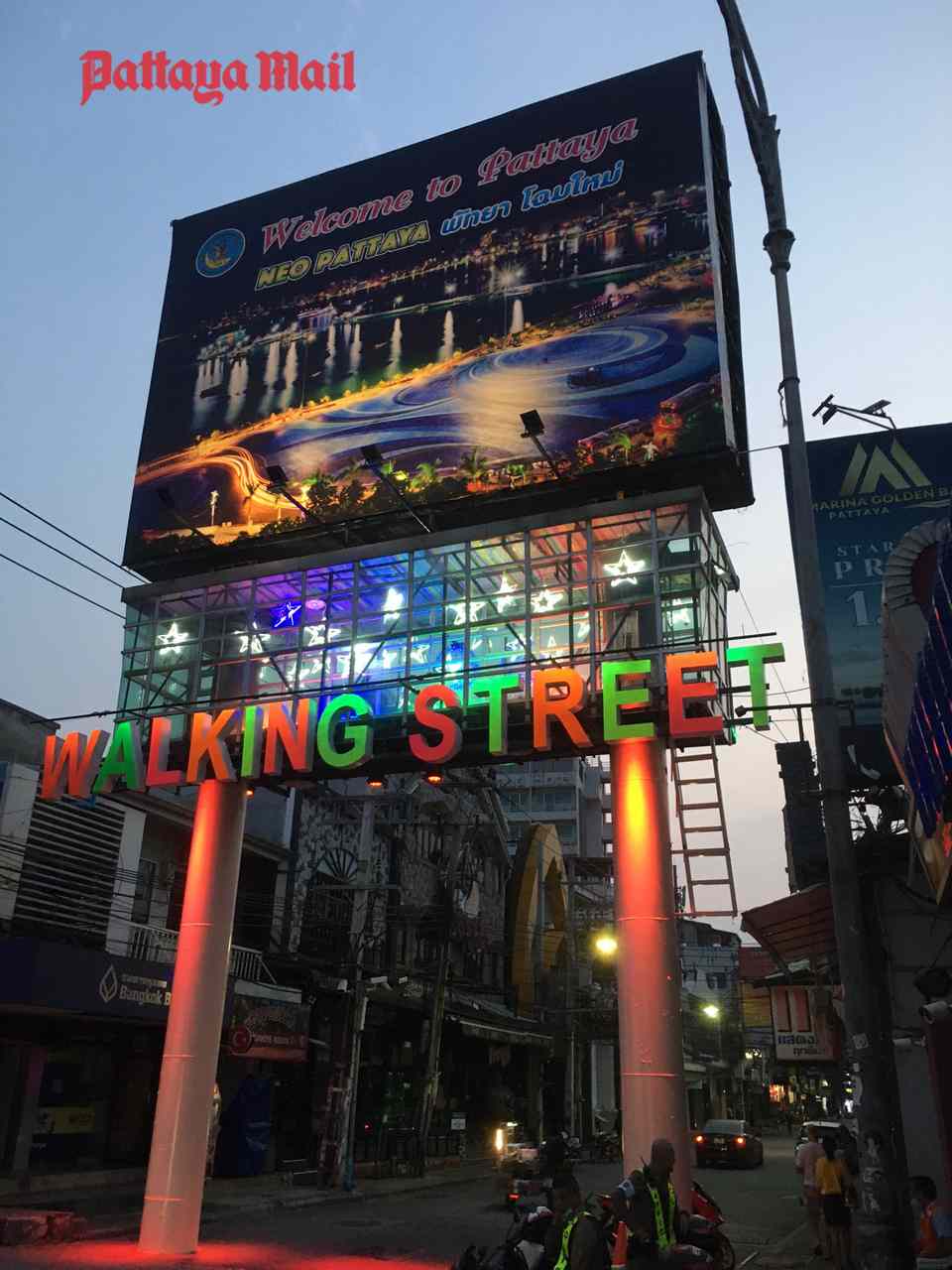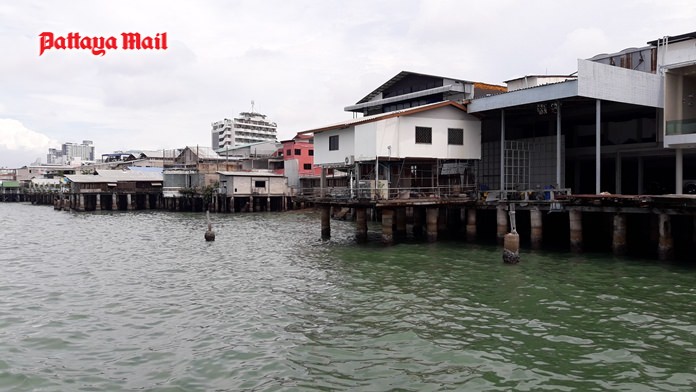
In its 50 years of history, Pattaya’s most famous street has seen off all its enemies, including international oil panics, farmyard flu epidemics long before the bat variety, the AIDS crisis and marketplace shifts as Chinese souvenir hunters have persistently replaced western sex tourists.
Meanwhile, the strip’s club owners have fought off – sometimes literally – several attempts by civic authorities to close them down on the grounds that some buildings were illegally encroaching onto and over the beach. Nothing of consequence ever happened over the years as Captain Cash remained in control.
It’s different this time. City Hall for several months now has been proclaiming the resort’s future as neo-Pattaya, a somewhat obscure term which seems to mean getting rid of chrome dancing polls and exhibitionists wearing only knickers.
There is much talk of Pattaya becoming akin to Miami or Singapore, both of which combine high international tourism, of the respectable kind of course, with successful business sectors. Views differ on the feasibility of these lofty aspirations as the city still has obvious environmental problems, especially relating to waste disposal, sewage and flooding.

But several owners and leasers of entertainment zones on Walking Street, the beach side, have been informed that 2021 will be their last year of operation. In all probability that is. The civic authorities will refuse to renew their annual entertainment licences when they fall due next January.
Of all the pieces of stamped documents required to open fun palaces in Pattaya, the entertainment licence is key. You will also need liquor and cigarette licences, a proper lease and, if a foreigner, a company registration and a work permit issued by the Department of Labour. Not to mention knowing the importance of industrial relations legislation and, most importantly, tea money. Various reasons have been given for the projected termination: the buildings on the beach side sit on land owned by the Royal Thai Navy or the whole area is to be designated a “residential zone” which precludes making loud noises at night.
The details governing the entertainment licence are very broad and vague. Discoteques are lumped together with country dancing and other places which don’t have a dance floor but allow customers to jive away in any case. Restaurants need such a licence if they provide entertainment, not defined, whilst any place with “lights and sound facilities” are caught in the net. That covers most places where you enjoy yourself.
Any venue which allows staff to socialize with customers must be licensed for entertainment, but is prohibited for consideration if near a school or religious institution. The licence holder must not be “deficient in morals or a crazy” which makes one wonder how anybody ever passed the test in the first place. If the bulldozers finally do erase at least the dozens of venues on the sea side of Walking Street, it will bring neo-Pattaya that bit closer. Whatever that turns out to be.





